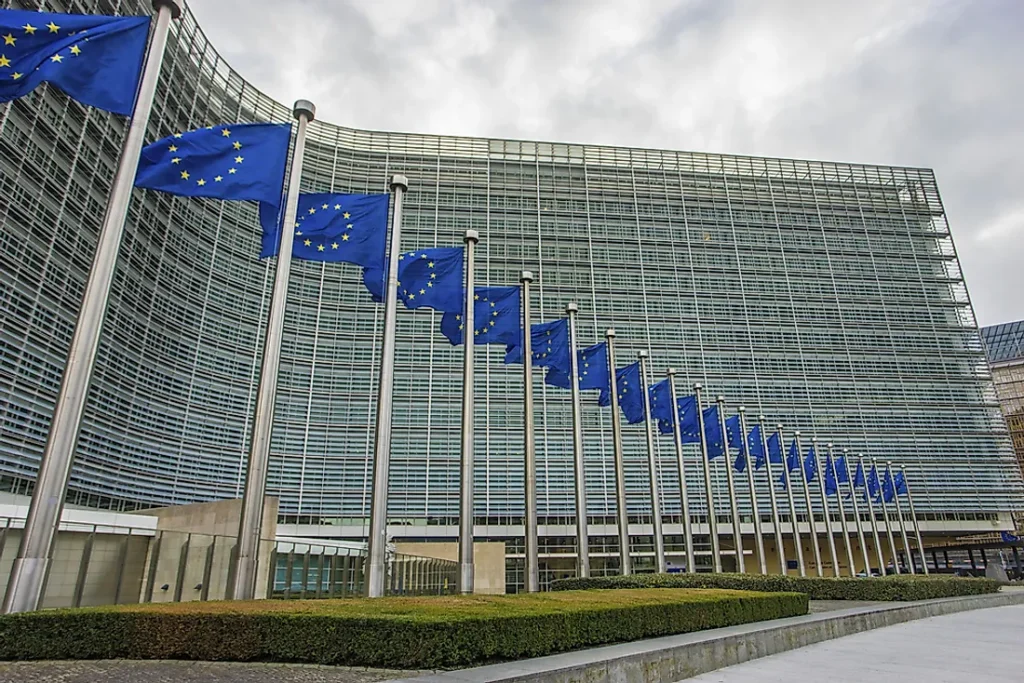EU Platform on Sustainable Finance Proposes New Voluntary Standard to Boost SME Access to Sustainable Finance

- SMEs contribute 50%+ of EU GDP but face significant barriers accessing sustainable finance.
- The new “SME sustainable finance standard” simplifies sustainability disclosures for SMEs.
- Proposed standard initially targets climate sustainability, with plans to expand further.
The Platform on Sustainable Finance (PSF), advising the European Commission, has proposed a voluntary “SME sustainable finance standard” aimed at easing access to sustainability financing for small and medium-sized enterprises.
SMEs, essential to Europe’s green transition, generate over half of the EU’s GDP and represent more than 63% of enterprise emissions. Yet, they struggle to secure external sustainable finance due to high minimum loan sizes, complex regulations, and limited capacity for compliance.
“Our new report offers a practical solution for SMEs facing a triple challenge: maintaining competitiveness amid the twin ecological and digital transitions, decarbonizing their operations, and accessing the finance they need to make this shift.”
— Helena Viñes Fiestas, Chair of the Platform on Sustainable Finance

The existing EU Taxonomy, intended to classify sustainable activities, was not designed with SMEs in mind, adding complexity and barriers to financing. The proposed SME standard simplifies this by allowing SMEs to voluntarily disclose key sustainability metrics clearly and efficiently.
RELATED ARTICLE: EU Platform on Sustainable Finance Proposes Key Updates to EU Taxonomy
Banks and financiers can then easily classify SME loans as sustainable or transition finance, streamlining the funding process and supporting SMEs in their sustainability efforts.
The PSF also proposes minimum environmental and social safeguards, ensuring SMEs and their activities don’t fall within sectors excluded by the EU Benchmark Regulation for Paris-Aligned Benchmarks (PAB). An online tool tailored specifically to SMEs’ needs would facilitate easy assessment and classification of eligible investments.
Initially, the standard addresses climate-related objectives, with future expansion planned to cover broader environmental sustainability goals, further bridging SMEs’ sustainability ambitions with accessible financial support.
Follow ESG News on LinkedIn












